
Weak Signals from Wuhan and Shanghai
Weak Signals from Wuhan and Shanghai
Behavior and value shifts post-COVID-19
As markets around the world begin opening up, companies must make decisions around where and how to scale back or invest
This new phase of the pandemic is characterized by cautious optimism coupled with extreme volatility and imperfect information. In this context, business leaders are under pressure to make quick decisions that will have major implications for their businesses in the coming years.
Our ongoing work on behavior change in the era of COVID-19 aims to help leaders gain a little more clarity on human experiences of the pandemic and its aftermath in cities around the world — including emerging needs, values, and social dynamics that might help inform critical business decisions.
As part of this effort, we set out to explore how people’s lives, values, and behaviors have changed in the weeks since China began opening back up.
WHAT WE LOOKED AT
How everyday life is changing post-lockdown in China
How deep social structures (e.g., values and priorities, rituals and routines, norms for being in public, etc.) might have evolved or be evolving as a result of the crisis
How behavior changes in China compare to what's happening in other markets, including Denmark and the US
WHAT WE DID
Digital ethnographies with 12 Chinese respondents in Wuhan and Shanghai
In-person observations of a variety of public spaces, ranging from shopping malls and subways to school campuses
Rapid intercept street interviews with passersby around Shanghai
WHAT WE FOUND
The insights here are what we call “weak signals” — emerging behaviors that may indicate longer-term or more mainstream shifts to come
We don’t know for certain if any of these will prove to be sticky, but they are strong enough signals for us to continue to track in China, as well as other markets that are opening up
The virus hit Wuhan and Shanghai very differently, leading to different effects on people’s mindsets and behaviors in each
Wuhan
67, 803 cases
We saw signs of a deep, collective shift in values and sense of “what matters” as a community — e.g. reconsideration of the role of individuals in society, and an upswelling of civic engagement.
Shanghai
536 cases
We saw signs of shifts in individual lifestyles and values — e.g. how willing people are to work long hours to achieve material success.
KEY COMMERCIAL CONSIDERATION
If there does prove to be a strong positive correlation between the impact of the virus and its effect on people's values and behaviors, how might this affect the way companies segment the different geographies they serve?
But we also uncovered shifts that are common to both Wuhan and Shanghai, and that seem to have persisted since the lockdown lifted
SHIFTS
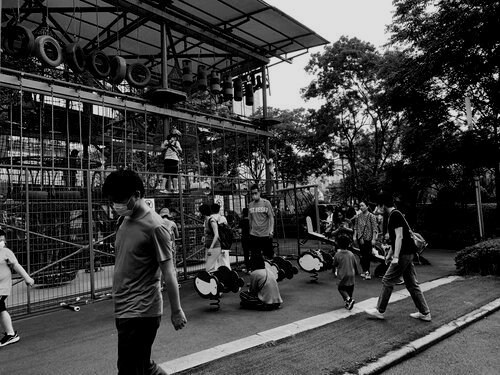
1. The Rise of Personal Resilience as an Aspiration

2. New Recognition of the Value of Community Participation

3. Questioning the 9-9-6 Lifestyle and the Chinese Dream
KEY COMMERCIAL CONSIDERATIONS
Should companies reconsider their purpose in light of these shifts, and if so, how?
How should companies address emerging customer needs resulting from these shifts?
How should companies position themselves within the competitive landscape in light of these shifts?
How and through which channels should companies be communicating with customers post-crisis?
Shift 1
The Rise of Personal Resilience as an Aspiration
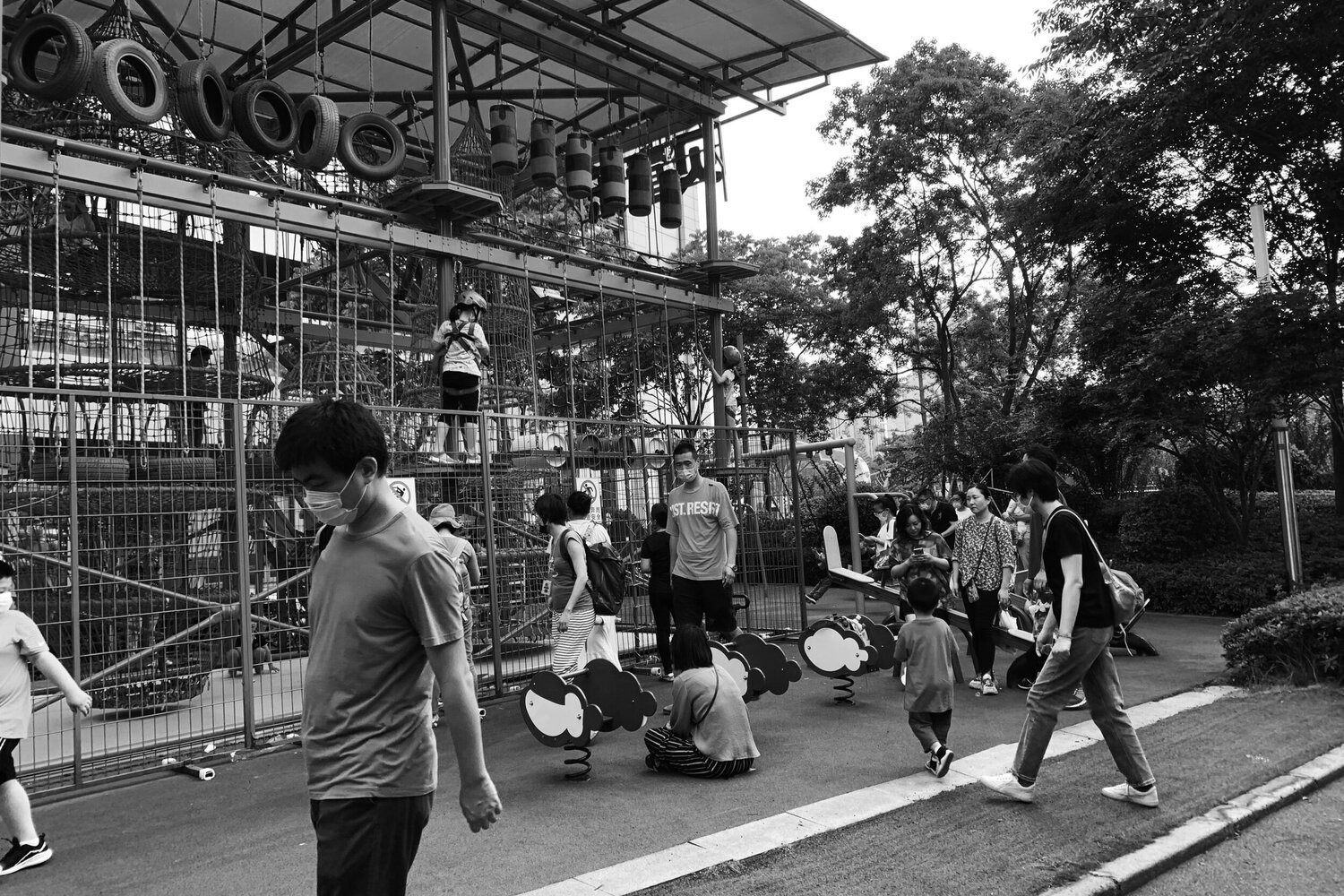
Many respondents we met cobbled together solutions to make it through the pandemic and reduce their perceived vulnerability to "outside” forces. These solutions may have been born out of an old tradition of 凑合 (cou he, making due with what one has). But since the lockdown lifted, many of the solutions in themselves have persisted, and have even become aspirational.
Together, we believe this indicates a heightened sense of value placed on personal resilience. The people we met are looking for ways to proactively establish a strong foundation of health, wealth, and self-sufficiency to protect themselves from future shocks.
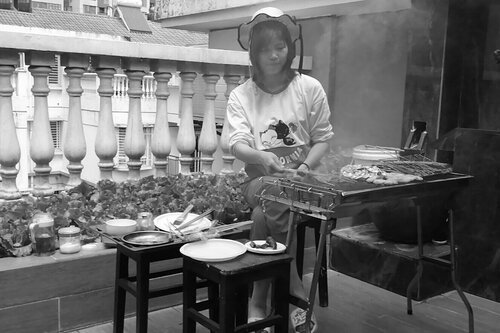
REDUCING DEPENDENCE ON COMMERCIAL DISTRIBUTION NETWORKS:
A Wuhan respondent’s friend has turned her outdoor space into a vegetable garden to be more self-reliant. Many respondents attached new value to such activities, and posts about them are flooding social media.
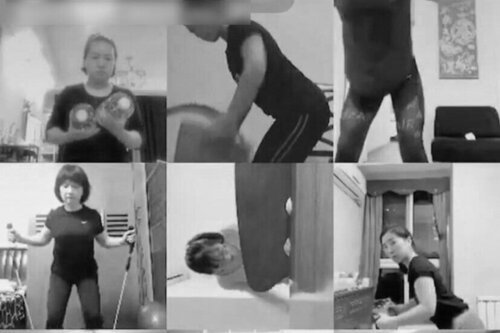
FOCUSING ON INNER WELLNESS, NOT JUST PROTECTION FROM THE OUTSIDE:
Many people we met have continued practices like cooking healthy meals at home and regularly exercising, to strengthen their bodies and immune systems. These behaviors are now points of pride for many, something to broadcast.
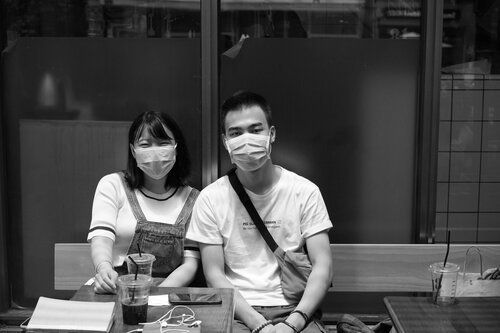
DIVERSIFYING WAYS OF MAKING MONEY:
For the people we met in Wuhan and Shanghai, the crisis exposed the precarity of relying on salary from a single job, and from having an undiversified portfolio.
“I deeply learned we need to find more ways to make money. Earning a salary is not enough.”
— Heng, Wuhan
Shift 2
Questioning the 9-9-6 Lifestyle and the Chinese Dream
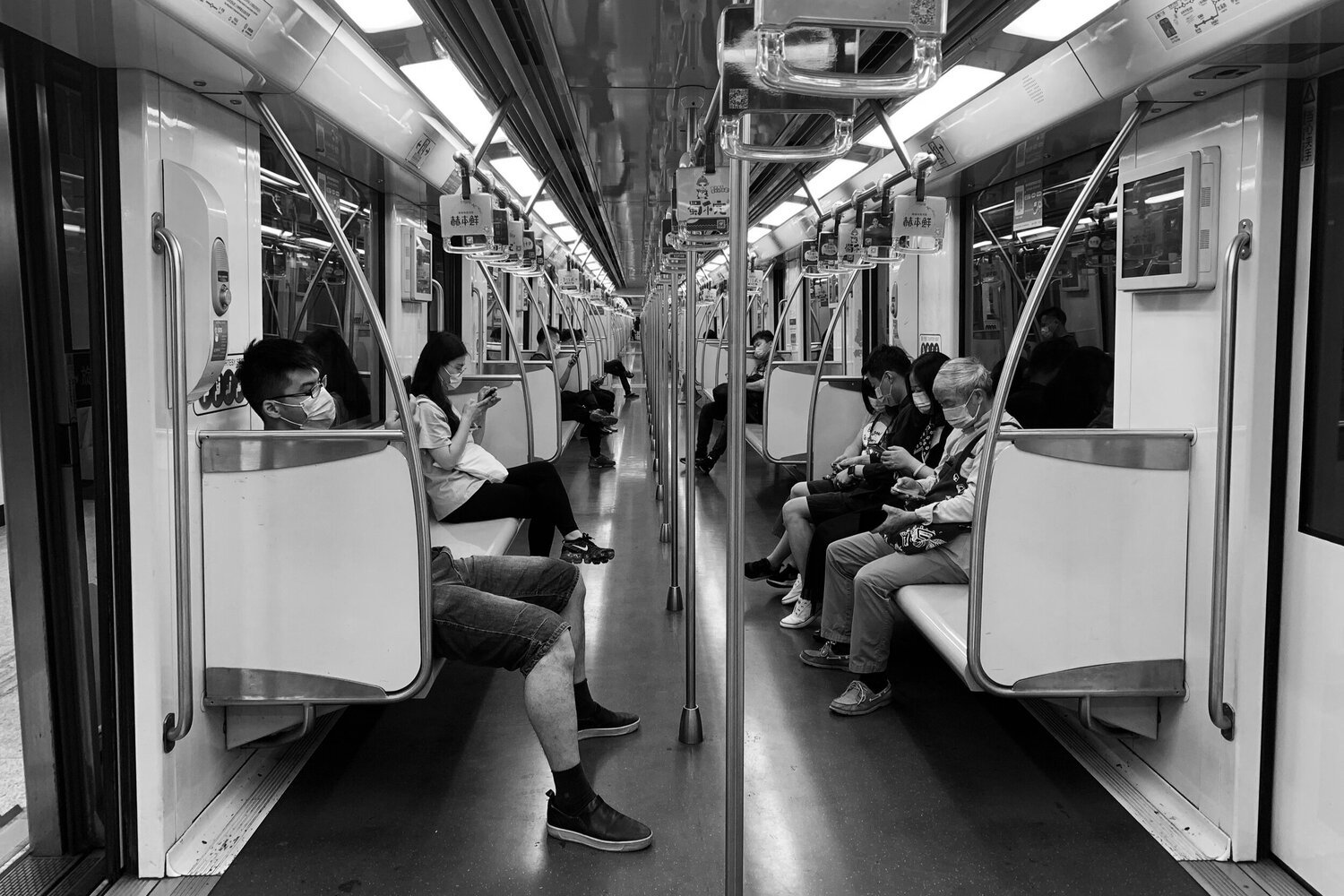
A major social force driving young people’s values and behaviors over the last decade has been the “9-9-6” lifestyle, promoted by Alibaba founder Jack Ma as well as other entrepreneurs and influencers. Lured by the possibility of social and economic advancement, a number of the young people we met found themselves working from 9 a.m. to 9 p.m., six days a week before COVID.
For many, the quarantine led them to seriously question this lifestyle, illuminating how other ways of being (e.g., spending time with family) can be deeply meaningful, and how even with the sacrifices they'd made for 9-9-6, they were still far from the sort of wealth and economic resilience they'd been dreaming of. In the words of one upwardly mobile interaction designer we met, “It taught me to stop daydreaming.”
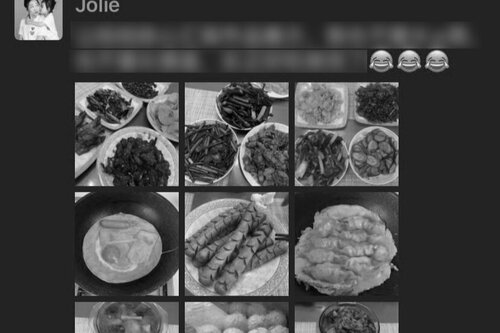
COOKING FAMILY MEALS AT HOME:
During the lockdown many respondents were forced regularly cook family meals and spend extended time with family. These skills and activities have become newly aspirational, whereas before COVID, eating out was the norm. Edwin (Wuhan) reports:
“Our family finally feels like a home.”
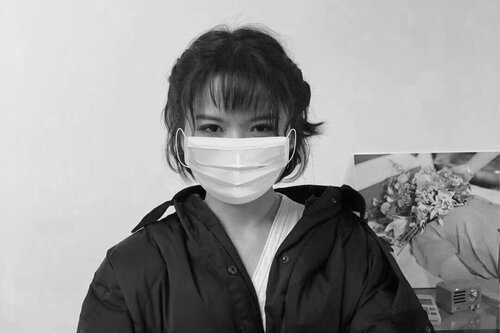
BUILDING THE HOME LIFE YOU WANT:
Many respondents are spending a lot more time and money on their home environments, and showcasing them on social media.
“Now I spend more on small items and furniture that is more comfortable, beautiful and can transform my living experience — small desks, candles and so on. ”
— Betty, Shanghai

WHAT IS A CITY ACTUALLY GOOD FOR?:
For many we met in Wuhan and Shanghai, their cities symbolized long work hours in the service of a consumption lifestyle. During quarantine, without work or public consumption, many are reconsidering the role of the city by discovering new neighborhoods and highlights (e.g. historic architecture) or escaping them altogether.
Shift 3
New Recognition of the Value of Community Participation
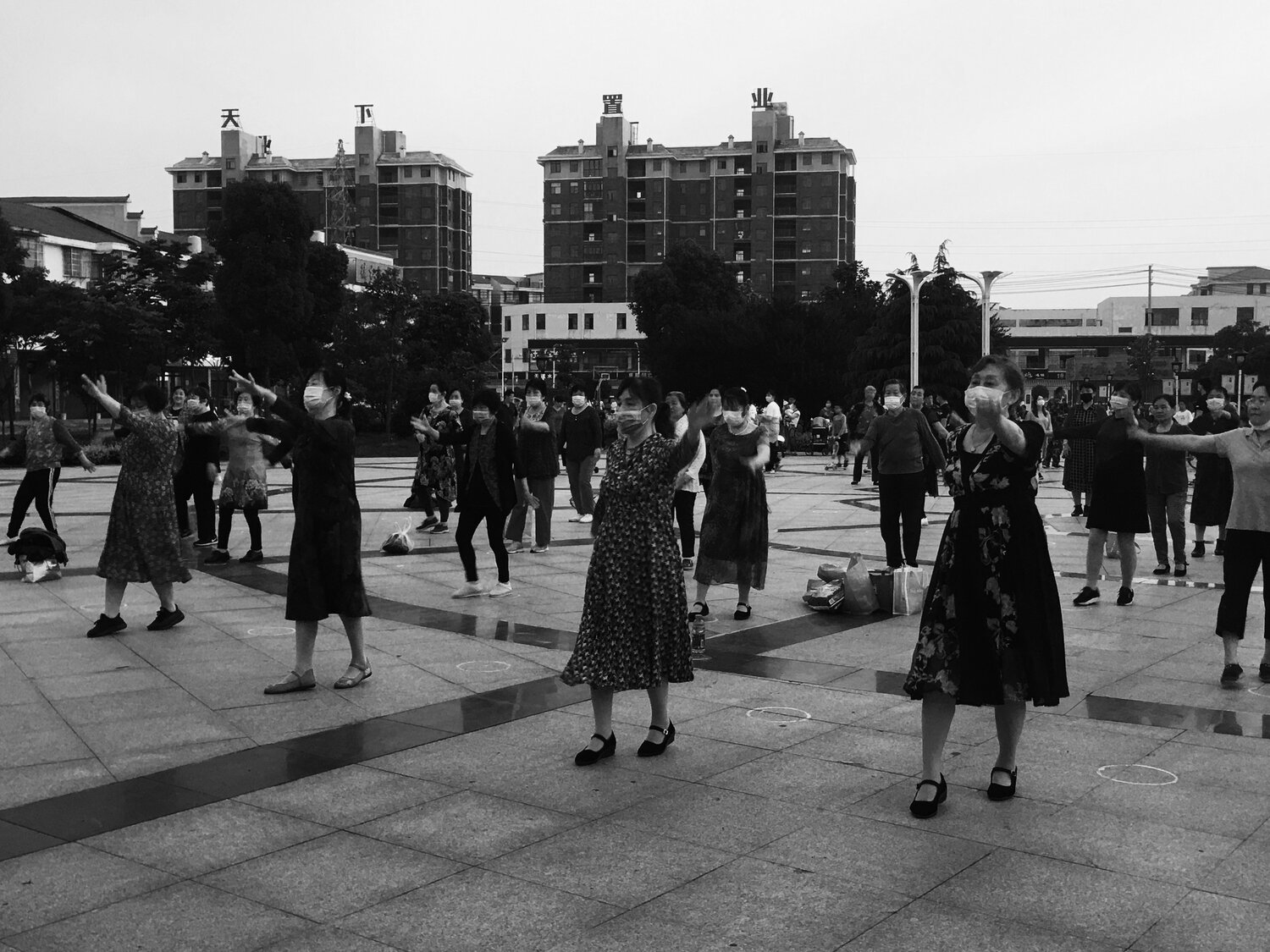
For many respondents we met, especially in Wuhan (but also in Shanghai), the outpouring of volunteerism and community organization to support people in need at the peak of the COVID crisis has left a lasting mark. In the words of one respondent: “It was a very special time. Everyone in Wuhan was making sacrifices. Community workers, volunteers, my coworkers, even people who just stayed at home — everyone made sacrifices.”
Many respondents describe this as a real shift in the collective psyche — one that may have implications for China’s overall development in the coming years.
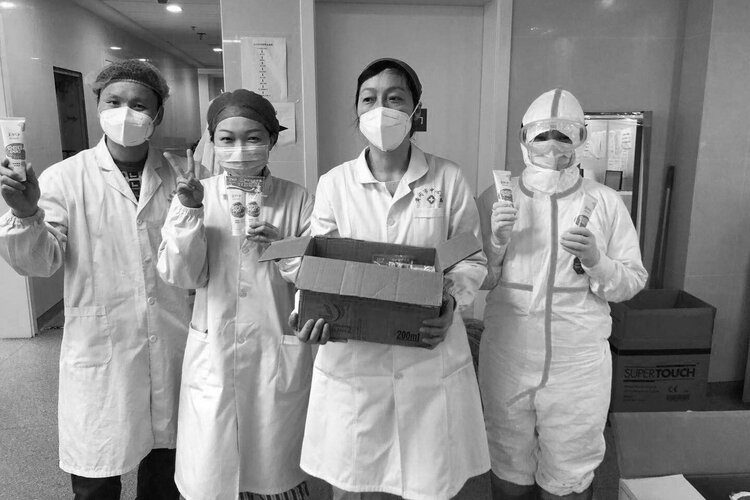
SELF-ORGANIZING CARE NETWORKS:
Ruo, a 22-year-old graduate student, organized a volunteer group to donate products such as hand cream and sanitary pads to nurses on the front line. They sent this photo to her to express their gratitude.
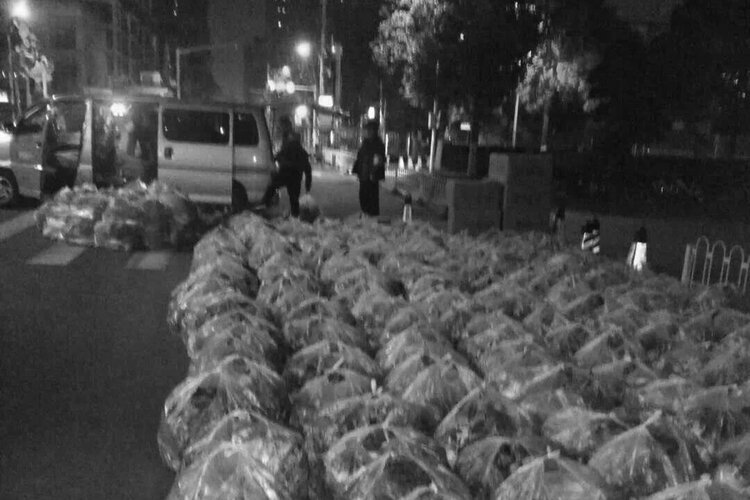
ORGANIZING FOOD DISTRIBUTION:
“All the college instructors are in the same WeChat group. Every day, we submitted requests in the group and the volunteers helped deliver supplies downstairs. Thanks to this, we survived even without the government’s administration.”
— Gao, Wuhan
